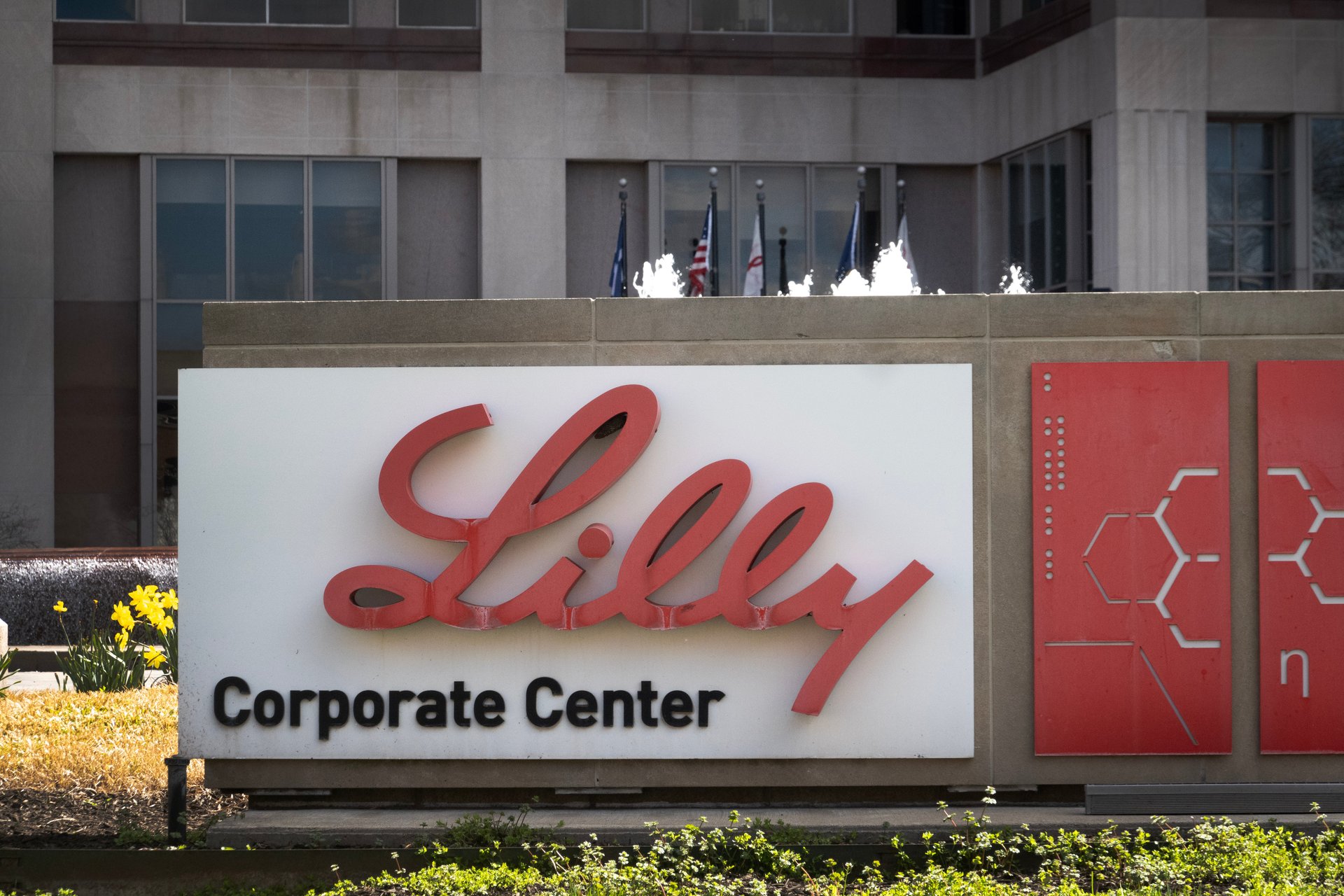Knockoff weight loss drug sellers are fighting back against Eli Lilly and the FDA
A trade group filed a lawsuit challenging the FDA's decision to remove the active ingredient in Eli Lilly’s Zepbound from a drug shortage list

Eli Lilly (LLY) is calling on companies that have been selling off-brand versions of its popular diabetes and weight-loss drugs during widespread shortages to halt production now that supplies are stabilizing. But some of these companies aren’t backing down without a fight.
Suggested Reading
Bloomberg reported today that the pharma giant is issuing hundreds of cease-and-desist letters to telehealth companies, compounding pharmacies and medical spas, demanding that they stop making and selling compounded versions of tirzepatide — the active ingredient in Eli Lilly’s Mounjaro and Zepbound.
Related Content
“Because Lilly’s FDA-approved medicines are available, you must immediately cease any production, sale, dispensing and marketing” of the compounded medications, Eli Lilly said in the letters, according to Bloomberg.
Eli Lilly did not immediately respond to a request for comment from Quartz.
Compounding refers to the customization of an approved drug by a pharmacy or physician to meet the specific needs of an individual patient.
Normally, the Food, Drug, and Cosmetic Act bans compounding drugs that are just copies of existing medications. However, if a drug is in short supply, it’s not seen as commercially available by the U.S. Food and Drug Administration (FDA). This loophole has led several digital health companies to produce cheaper versions of brand-name weight-loss drugs during recent shortages.
Tirzepatide belongs to a class of drugs known as GLP-1 treatments. These medications mimic hormones that regulate blood sugar and suppress appetite and have become highly sought after for their weight loss effects.
Soaring sales for these treatments have transformed Eli Lilly into the most valuable pharma company in the world. Skyrocketing demand has also made it difficult for some patients to fill their prescriptions, leading to shortages.
Last week, the FDA marked the shortage of tirzepatide as resolved, increasing pressure on companies selling off-brand versions. Semaglutide, the drug behind Novo Nordisk’s (NVO) Ozempic and Wegovy, remains on the FDA’s drug shortage database.
One trade group, the Alliance for Pharmacy Compounding, told its members to “immediately cease preparing and dispensing compounded copies of Mounjaro and Zepbound.”
Alternatively, the Outsourcing Facilities Association filed a lawsuit in Texas against the FDA, challenging its decision to remove tirzepatide from its shortage list and demanding that the move be reversed.
In its lawsuit, obtained by Ars Technica, the group called the FDA’s decision “reckless and arbitrary” and argued that it would “deprive patients of a vital treatment for type 2 diabetes and obesity.”
The association also claims that the FDA violated administrative law by failing to allow a public comment period, not providing evidence of adequate supply, and neglecting to publish the decision in the Federal Register.
When reached for comment, the FDA said it “does not comment on ongoing litigation.”
